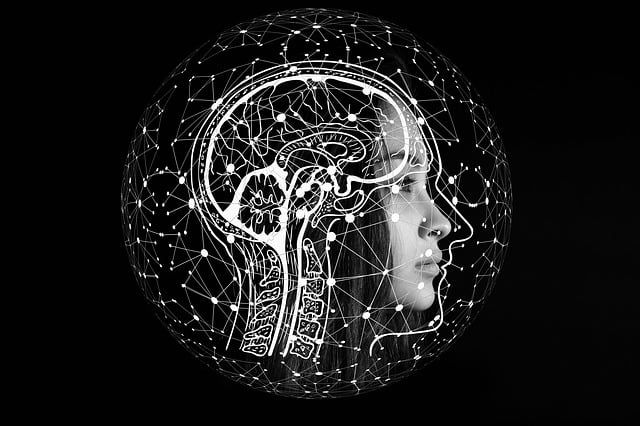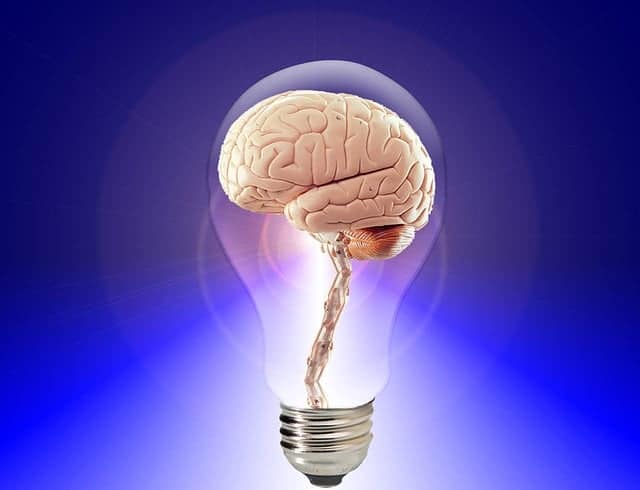
Cognitive ability is associated with intelligence.
With etymological origin in the Latin word habilĭtas , ability is a term that refers to a skill or quality to carry out an action or perform a task. Whoever has the ability is prepared or qualified to carry out an activity successfully.
The adjective cognitive , meanwhile, refers to that linked to knowledge . This notion is associated with knowledge and understanding.
From these ideas, we can move forward with the concept of cognitive ability . This is the name given to the intellectual competence or aptitude that makes it possible to analyze information and acquire knowledge .
What is cognitive ability
Cognitive ability is made up of different abilities. Verbal comprehension (understanding what is heard or read), deductive and inductive reasoning (to generate particular conclusions based on general data and vice versa) and numerical skill (the ability to develop reasoning with numbers ) are some of these qualities.
Just as it can be said that these qualities make up a person's cognitive ability, each one can also be considered to be a specific cognitive ability. The more intellectual abilities a subject has, the more likely they are to solve problems and function successfully in different areas.

It is often stated that IQ reflects an individual's level of cognitive ability.
measurement
If we take cognitive ability as a general aptitude, it is interesting to note that there are methods to measure it: thus its size or level can be determined in a way that is considered, broadly speaking, accurate.
The best-known indicator is the intelligence quotient or IQ , which is calculated from intelligence tests or tests. Whoever undergoes these evaluations obtains points according to their answers, with which their IQ can be calculated.
At a colloquial level, it is understood that those who have a higher IQ have a broad cognitive ability and, therefore, are more intelligent. It cannot be omitted to mention, however, that the measurement results may vary depending on the moment.
Beyond the genetic basis, there are intellectual aptitudes that can be improved with education , training and experience . Sometimes cognitive abilities even suffer a temporary decline due to factors such as fatigue, stress or illness.
Cognitive ability and study
In certain contexts, cognitive ability is related to the results of a specific study . This means that a certain cognitive skill is acquired through learning, resulting in the possibility of applying knowledge to carry out an activity or complete a task .
Suppose an architect is hired to build a two-story house. Thanks to having completed a degree in Architecture , this professional has the cognitive ability necessary to execute the assignment: in other words, he has the theoretical knowledge necessary to direct the work .
Of course, knowing the theory is not enough to achieve efficiency at work. The general or abstract skills that we already mentioned (verbal comprehension, deductive and inductive reasoning, etc.) are always needed so that knowledge is really useful, can be applied and thus provides cognitive ability.
